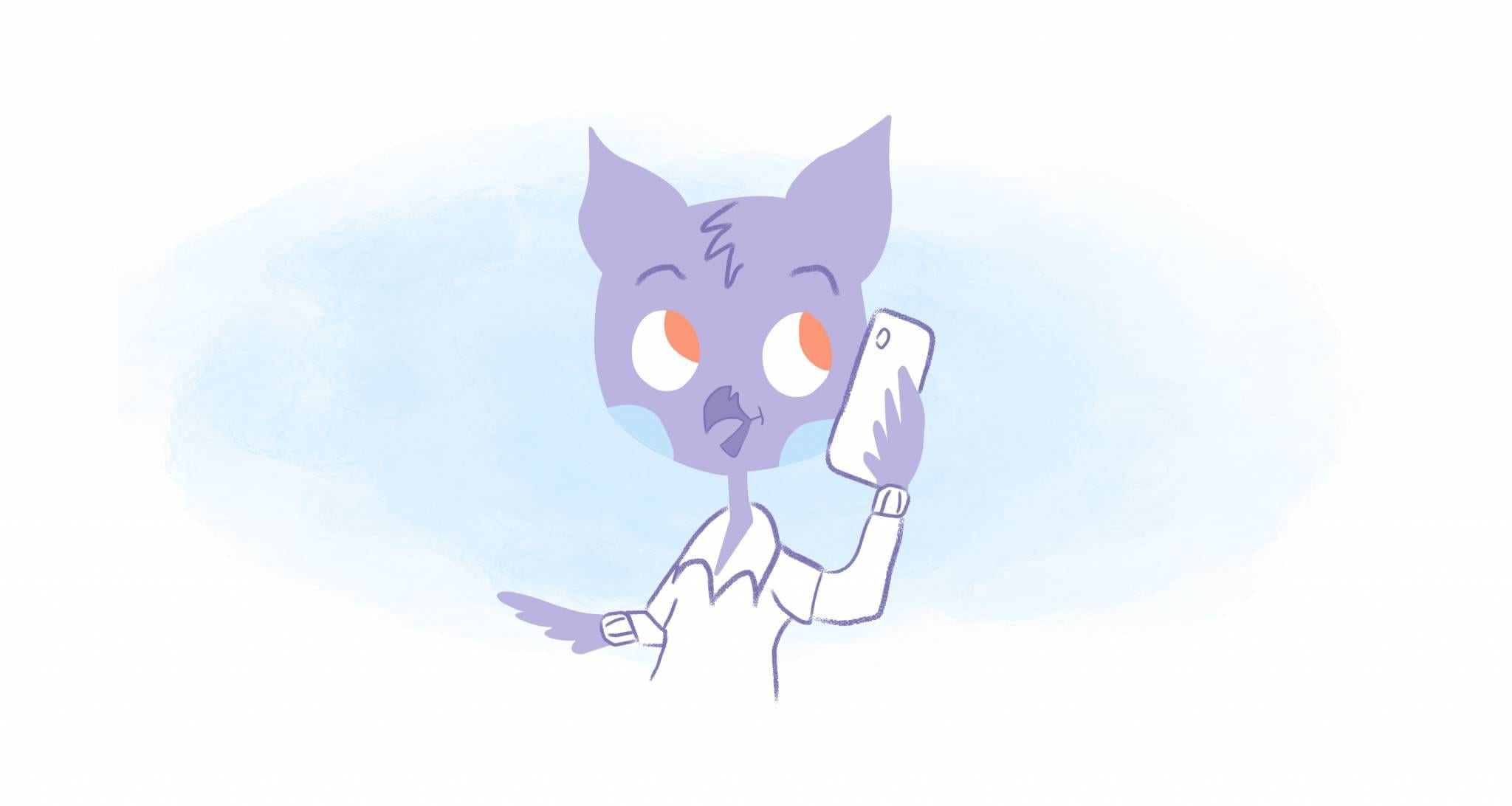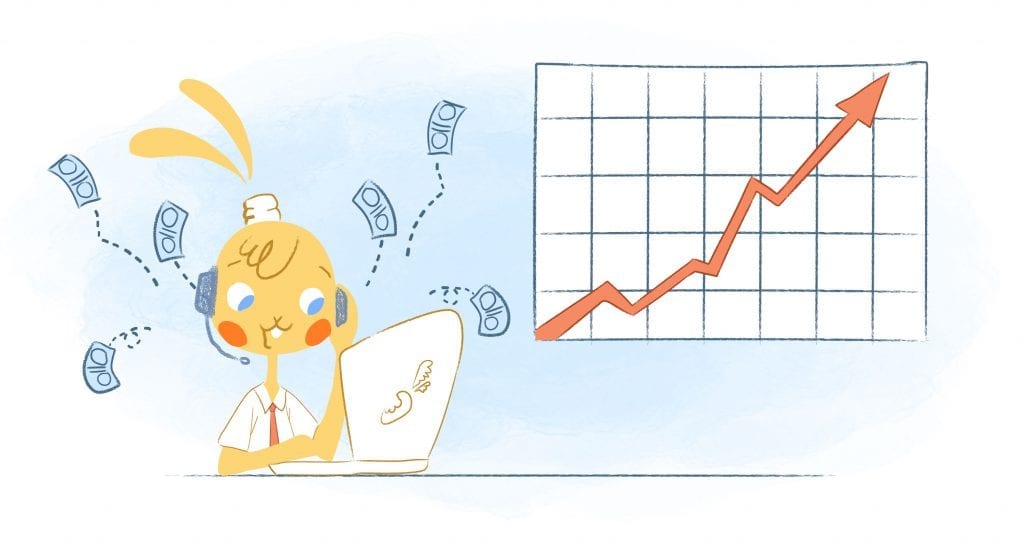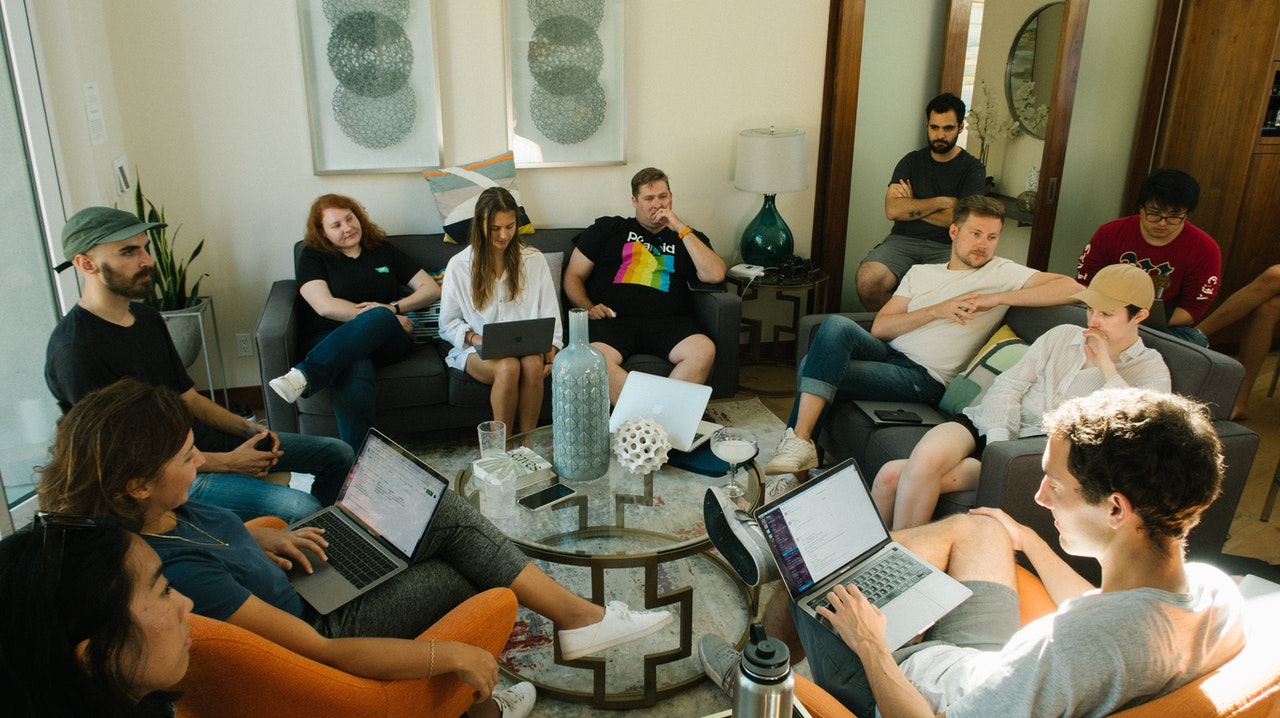

I did something that will make most of you cringe over this weekend. I spent the majority of my Saturday sans smartphone. And, I’m still here to tell my tale.
In all honesty, this has been something that’s been on my mind for a while. I would say about a year after seeing a cousin at a family function with an old school flip phone. I asked why and they said that they were tired of being connected 24/7.
Perhaps that’s been why there’s been a slight resurgence in going back to flip phones. There have even been companies like Frontier Communications and VitaminWater offering monetary prizes for ditching your smartphone for a specific amount of time.
But, let’s go back to this weekend. I really just wanted to have a relaxing weekend. Nothing special. Just chill and spend some time outside while it’s still pleasant.
Besides, I wanted to clear my head and prepare for wrapping up this heck of a year. Unfortunately, that wasn’t possible. My phone kept going off. Finally, I had enough and just left the house without it.
I enjoyed being free of my phone so much so that I’m considering making this a permanent move. And, after doing some research and soul-searching, I think it might be a wise decision.
Why you should ditch your smartphone.
Phone addiction is affecting your brain.
It may seem harmless. But, on average, most of us spend around 3 hours and 15 minutes on our phones each day. Top users, however, are glued to their screens in excess of 4 and a half hours.
Additionally, Americans check their phones an astounding 96 times throughout out the day. And, 66% of people have nomophobia. If you aren’t aware of what this is, it’s the fear of not being able to access your phone.
In short, we’re addicted to our phones. As a consequence, that’s altering the brain’s chemistry. In fact, one study found that constant smartphone usage affects your brain just like drug addiction does — specifically changing the size and shape of grey matter.
Grey matter is the region of the brain that is responsible for emotions, sight, speech, hearing, and self-control. So, yeah, that’s definitely not something that you want to mess around with too much with.
Smartphones are damaging your health.
In addition to influencing your brain, exaggerated smartphone use can jeopardize your physical health. In particular:
- Blue light, which is the light given off by devices, can induce photoreceptor damage. To put that more simply, smartphones are injuring our eyes.
- Speaking of blue light, it can also disrupt your natural sleep cycle by suppressing melatonin. A Harvard study found that this can then contribute to diabetes and obesity.
- Smartphones are also full of germs and bacteria. How bad is it? One study reported that phones were 10 times dirtier than a toilet seat!
- Your phone is also bad for your neck and hands. There are even new terms to describe these phenomena; Text Neck and Text Claw.
- Constantly checking your phones has increased fatal driving crashes. There’s also been a spike in pedestrian deaths — meaning that even walking has become dangerous.
It’s ruining your productivity.
The other day I slipped up and didn’t put my phone on silent. I’m sure you can guess what happened next. Just as I got into the zone there was a flurry of messages and notifications.
While it was my mistake, it certainly agitated me enough that I briefly considered throwing my phone out the window. Obviously, I didn’t do that and was more rational. But, smartphones are one of the main workplace distractions we must overcome — whether you’re working at home or in an office.
What’s more, they can cause meetings to be pointless since we’re multitasking. Instead of focusing on what’s being said, we’re responding to messages or doing other work. Because of this, it’s not surprising that many leaders have begun to ban phones in meetings.
As if that weren’t enough, smartphone usage doesn’t give us much time to wonder and reflect. In turn, this stunts creativity and imagination. And, we may have a tendency to go down a rabbit hole, like jumping from one app to another. Suffice to say, that can be a huge time waster.
Smartphones make you stressed.
“An increasing body of evidence suggests that the time we spend on our smartphones is interfering with our sleep, self-esteem, relationships, memory, attention spans, creativity, productivity and problem-solving and decision-making skills,” wrote Catherine Price for The New York Times.
“But there is another reason for us to rethink our relationships with our devices,” adds Price. “By chronically raising levels of cortisol, the body’s main stress hormone, our phones may be threatening our health and shortening our lives.” The reason? Cortisol can spike blood pressure, heart rate, and blood sugar.
There are also emotional stressors involved. For example, feeling the need to immediately respond to a text, notification, or email. In addition to causing anxiety and stress, this also can impair the prefrontal cortex, which influences decision-making and rational thought.
Smartphones make you unlikeable.
We’ve all been guilty of this. You’re hanging out with a friend, family member, or colleague. In the middle of a conversation your phone vibrates. Instead of waiting to check your phone, you instinctively grab it to see what’s going on.
That may not seem like a big deal. But, it actually is. You’re now pulling your attention away from the other person to your phone.
So, it’s not surprising that studies show this can harm your relationships. In fact, a 2012 University of Essex study discovered that even just the presence of a mobile device causes others to have a negative impression of us.
It’s easier to establish boundaries.
Finally, smartphones have pretty much made it impossible to maintain a healthy work-life balance. Again, there’s not only the expectation but also temptation, to constantly check your phone — even when you haven’t received a notification. As a result, it’s become increasingly more difficult to maintain boundaries.
For instance, you’ve just sat down to have dinner with your family. Then you got a message from work. You’re not fully invested in work instead of your loved ones — despite already putting in a full day at work.
Even worse? Because you’re known to be always “on,” this never stops. And, next thing you know, you’re spending all of your downtime engaged with something related to work.
Just because you’re passionate about what you do, you need this separation. Time away from work gives you a chance to rest and recharge. And, most importantly, it helps you avoid getting burned out.
Do you really have to give up your beloved smartphone?
I may be coming across as too anti-smartphone. But, they do have their advantages. I mean it’s a pain to type on a flip phone — thanks T9! And, not having the ability to take quality pictures, videos, or access apps that I do rely on is a drag.
The good news? I think there is a compromise here. And, that’s to become more mindful of your smartphone usage and setting some ground rules, such as:
- Take small breaks from your phone. I go for a walk every day and I leave my phone behind. Trust me, it’s not the end of the world. In fact, it’s e enjoyable and liberating.
- Silence is golden. Either put your phone on silent or do not disturb when working. You may also want to block certain apps at specific times.
- Declutter your phone. Uninstall the apps that you no longer use. I’ve also moved distracting apps, like social media apps, off my home screen.
- Avoid your phone before bed. Remember, the blue light isn’t good for sleep. Additionally, sleeping with your phone could cause you to check it in the middle of the night. As such, keep your phone on silent or across the room when sleeping.
- Establish tech-free zones. For example, the dinner table is a spot where no phones are permitted.
Finally, are you serious about going back to a flip phone? If so, then consider getting help from the 30 Day Flip Phone Challenge. It can be tough breaking-up with your smartphone, so any assistance you can get should be welcomed.










Albert Costill
My name is Albert Costill and I'm a content marketer at Calendar. If I can help people become more productive in my journey, even better. If you ever have a question about your Calendar or how you can use it - - don't hesitate to reach out. I'm a Calendar Pro.